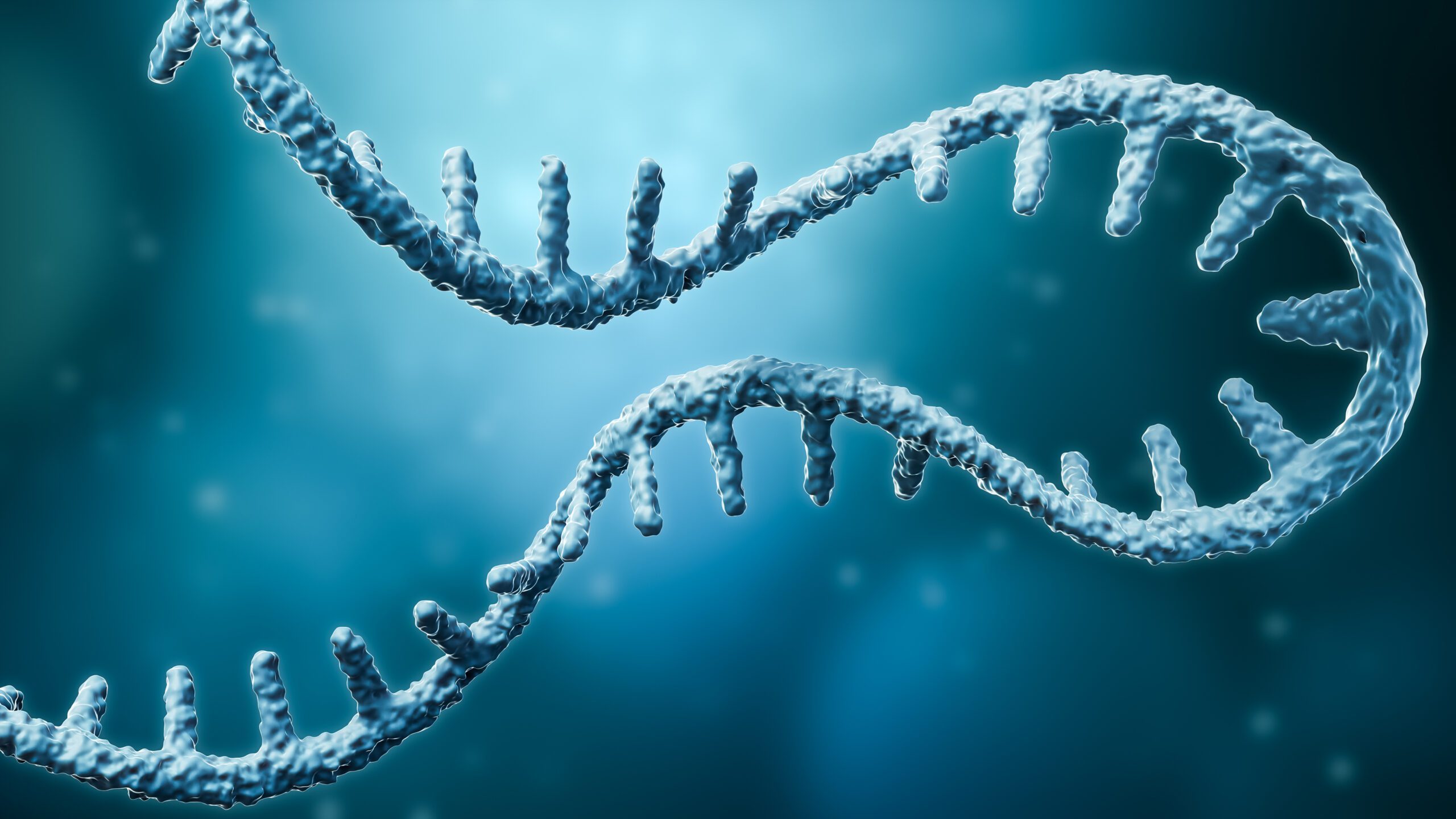For Sarah Maggied, ALS isn’t just a cause—it’s a thread woven through the fabric of her life, one that has shaped her career, her family, and her unwavering commitment to research and advocacy. Her journey with ALS is deeply personal, marked by loss, resilience, and an ever-growing passion for ensuring that others navigating the disease receive the care, support, and hope they deserve.
Sarah’s connection to ALS began before she even realized it. Her husband Jacob’s father and grandfather both succumbed to the disease. But it wasn’t until one of Sarah’s closest friends, Rick, was diagnosed that ALS became a defining part of her personal experience. “About five years ago, one of my closest friends was diagnosed with ALS, and he was a single guy, his family lived out of town. And so a group of our friends just basically arranged caregiving schedules, and we became caregivers with no experience,” Sarah recalls. “We watched YouTube tutorials and went to a lot of clinics to learn what we could.”
Rick was a carpenter and an artist, someone who worked with his hands to create things that would last. The irony of ALS taking away that ability was not lost on Sarah. “He was 52 when he was diagnosed, but looking back, he thinks he was feeling symptoms five years prior,” she says. His progression was slow at first, but as his independence slipped away, so did his morale. Sarah and her friends tried to make him laugh, to maintain some sense of normalcy, even as they navigated the often humiliating realities of caregiving. “We tried to be really funny when it came to, like, toileting and bidets and all of this really personal, vulnerable stuff. Our goal was to keep him laughing.”
But as the disease progressed, the weight of isolation and the emotional toll became undeniable for Rick. His caregivers were also trying to learn all of the challenges that come with ALS as they faced them, or as Sarah describes, “trying to fix the plane while flying it”. Sarah found it a difficult landscape to navigate when it came to ensuring that Rick got the best possible care. She shares, “He didn’t have the resources he deserved, whether because he was a working-class guy or because his family wasn’t around,” she says. “There’s this huge learning curve, and you’re trying to care for your friend physically while also learning in real-time how to do things like use a cough assist,” she says.
Rick passed away three years ago. In her grief, Sarah turned to research, immersing herself in the science of ALS, the search for treatments, and the hope that someday, effective treatments would be found. “For me personally, knowing that there are organizations out there investing in research—it’s the thing that makes sense to me. It’s what gave me hope.”
That hope led her to Live Like Lou, where she spent the last year building relationships with donors and strengthening support for ALS families as their Stewardship and Development Director. It also led her to Target ALS, an organization she found while searching for ways to channel her grief into action. She reached out to team members at Target ALS and used those introductions to build connections, friendships, and a deeper understanding of the urgent need for research. Sarah’s positivity is reflected in both the professional and personal relationships that she fosters. Her optimism in ALS research is also unwavering. “When I look at the statistics and the social media posts that Target ALS puts out, I feel hope because I know that there is a team of people, even though I can’t see them and I don’t know them, that are working day in and day out to try to find effective treatments,” she says. It’s why she tells anyone navigating ALS to “find something in this space that makes you feel hope.”
She is leaving Live Like Lou for a new opportunity, but ALS remains at the core of her family’s values. “Our kids have been around this space, and it’s important to us to keep that connection. It’s how we keep the memory alive, but it’s also about who we are. Our values as a family are to care about other people,” she says.
Sarah Maggied didn’t plan for ALS to be part of her life, but she has embraced the fight with open arms. Through caregiving, advocacy, and research support, she has become part of a growing community determined to make ALS a thing of the past. And until that day comes, she remains steadfast in her belief that stories like Rick’s need to be told—because through awareness, support, and research, change is possible.




